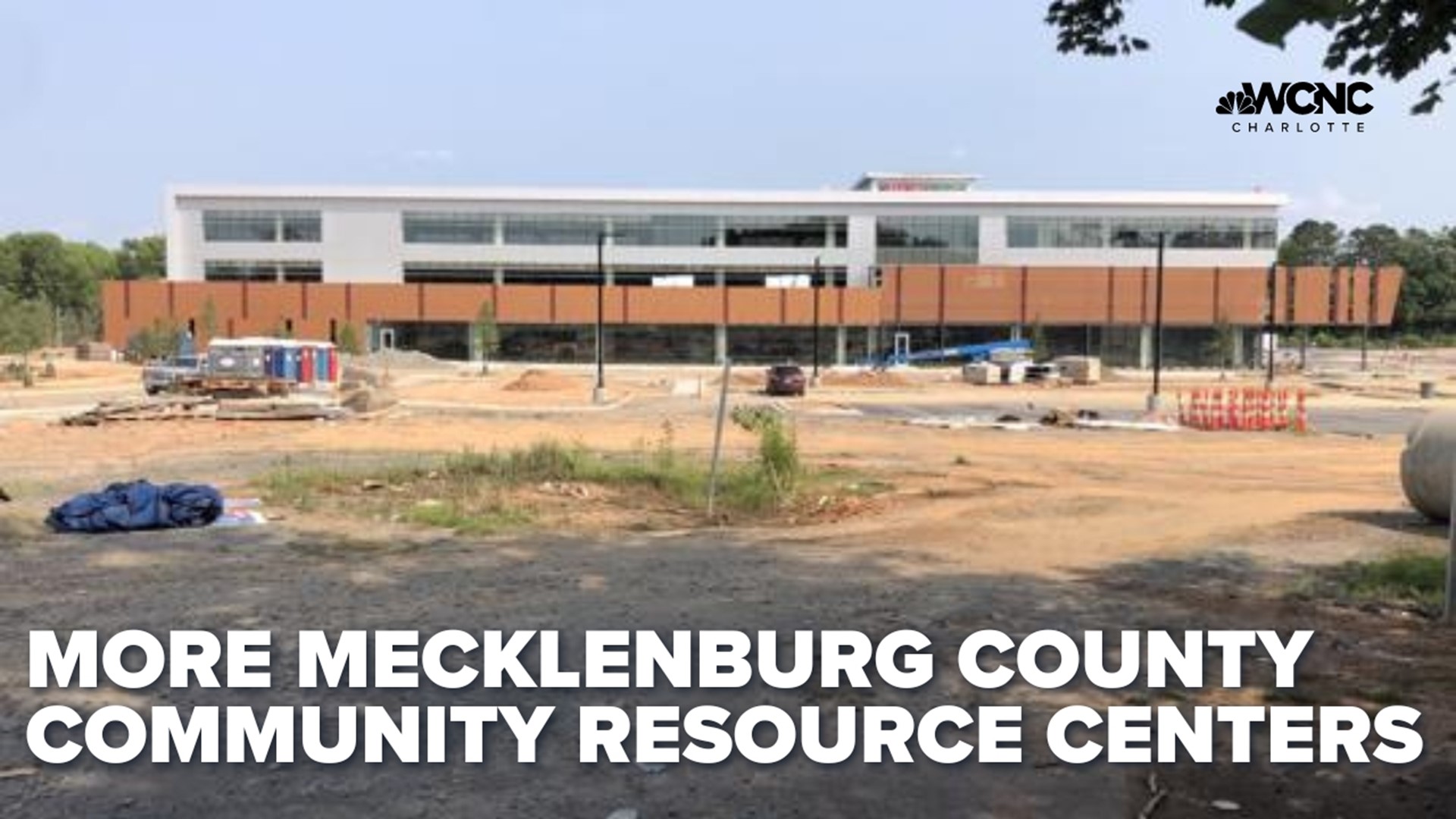CHARLOTTE, N.C. — Mecklenburg County is building more community resource centers to seek solutions regarding the lack of health care in its underserved, impoverished areas.
Areas deemed “corridors of opportunity” in Charlotte, like Beatties Ford Road and Sugar Creek Road, struggle with food deserts, violence, and lack of resources.
"Your zip code does matter as it relates to your ability to maintain your health in Mecklenburg County," CEO of Care Ring Tchernavia Montgomery said.
Care Ring is a nonprofit that provides health care to patients in the Charlotte area who otherwise wouldn't be able to afford it. Montgomery explained people living in underserved areas are at higher risk for "chronic disease or earlier morbidity."
In addition, the county reported in 2022 that about 15% of Mecklenburg County residents are uninsured.
"That’s an access-to-care issue in itself," Montgomery said.
To try to bring vital resources like doctor's visits, health screenings, and other services to at-risk communities, the county partners with nonprofits like Care Ring. In fact, the county provides a plethora of resources beyond health care under one roof in its Community Resource Centers, or CRCs.
The Valerie C. Woodard Center was the first CRC and opened in west Charlotte in 2018. Now, the Ella B. Scarborough Center is opening this August in northeast Charlotte.
"People should not go to multiple places to receive services, we should bring those services to the community where people live and need those services most," Deputy County Manager Anthony Troutman said.
In Mecklenburg County's latest budget, funds were approved this month to build two new CRCs. They will be located in east Charlotte and southwest Charlotte, and are slated to open in 2026 and 2027.
Troutman explained to WCNC Charlotte that the locations were chosen intentionally.
"We did a heat map based on where poverty exists and where there was a lack of access to health care, food insecurity, and the like," said Troutman.
The centers will provide free clinics, mental health help, food assistance, childcare, Medicaid help, legal services, workforce development, and more.
The latest approved projects will cost nearly $500 million.
Contact Julia Kauffman at jkauffman@wcnc.com and follow her on Facebook, Twitter and Instagram.
WCNC Charlotte is committed to reporting on the issues facing the communities we serve. We tell the stories of people working to solve persistent social problems. We examine how problems can be solved or addressed to improve the quality of life and make a positive difference. WCNC Charlotte is seeking solutions for you. Send your tips or questions to newstips@wcnc.com.

